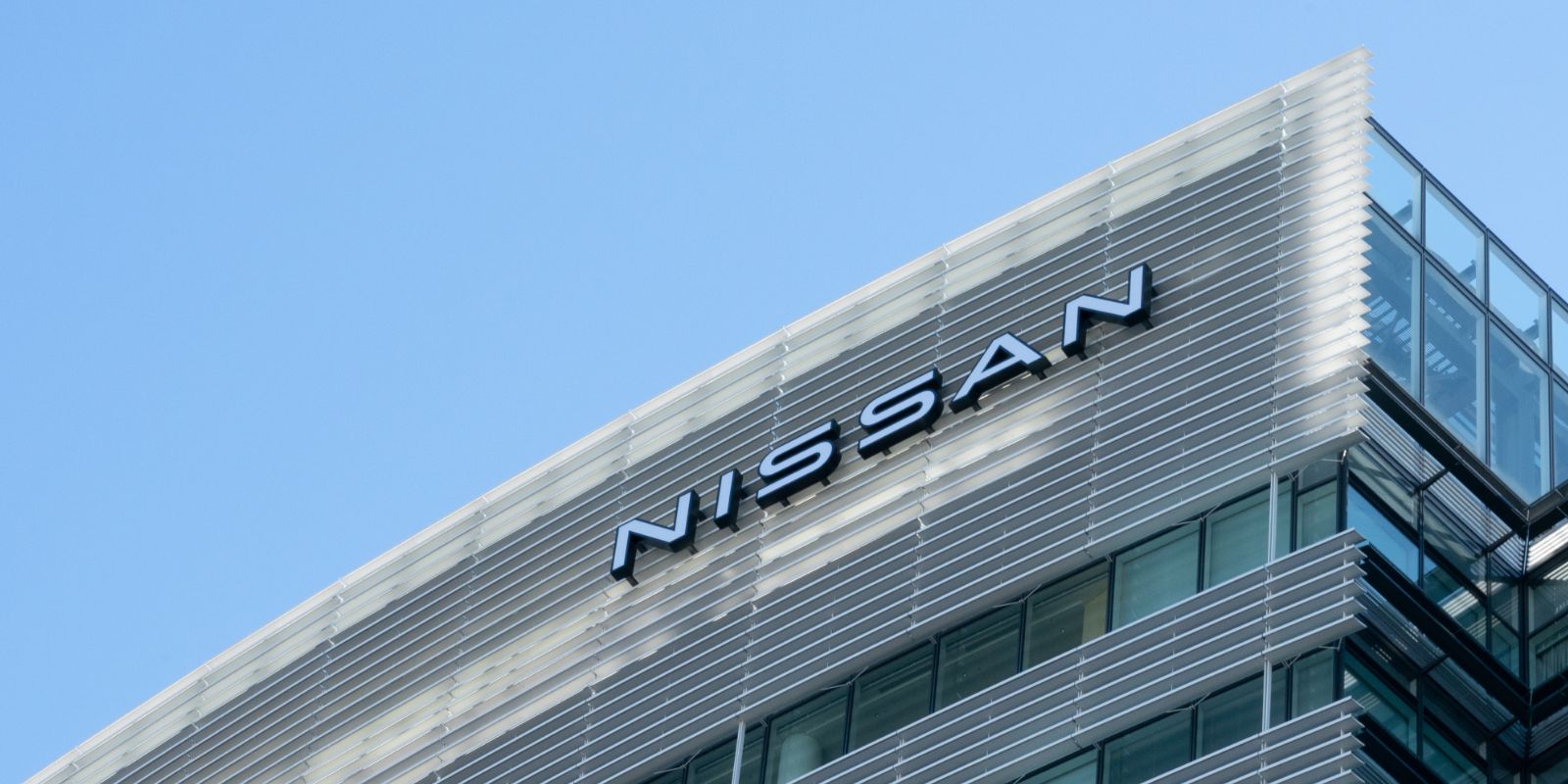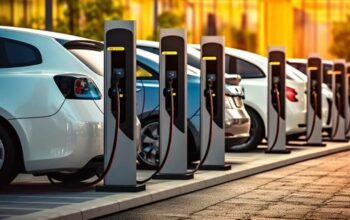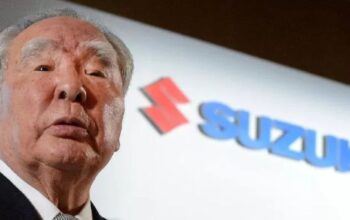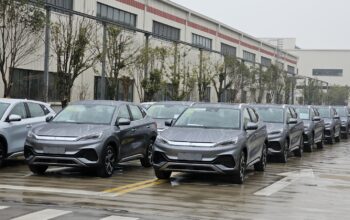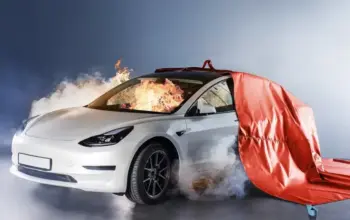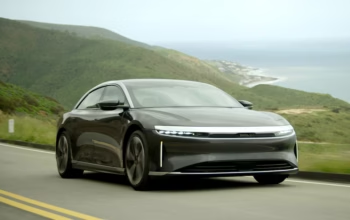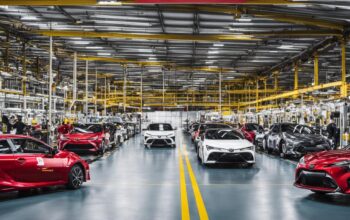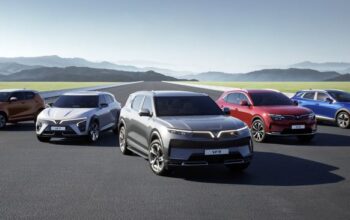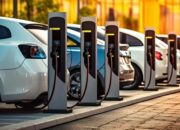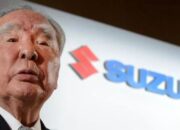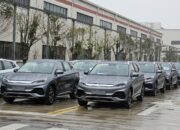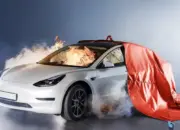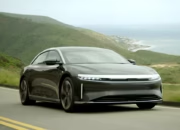Uzone.id – Nissan, as one of the Japanese automotive giants apart from the big four Toyota, Honda, Mitsubishi, and Suzuki, has experienced setbacks in recent years, which will even get worse in 2024.
According to Dailymail, Nissan’s global sales show a significant downward trend. In the first half of fiscal year 2024, sales fell 3.8 percent to 1.59 million units.
China, one of Nissan’s largest markets, experienced an even sharper decline, reaching 14.3 percent. This condition is further exacerbated by the rise of cheap electric cars from China which offer competitive prices and have succeeded in capturing global market share.
If this condition continues, Nissan is expected to face the largest debt in its history in 2026, which could reach $5.6 billion or the equivalent of IDR 85 trillion. It is predicted that this Japanese manufacturer will only be able to survive for the next 12 to 14 months if it doesn’t do something.
So, why did the Nissan crisis happen? Several causes might be used to analyze the continued decline in Nissan’s business, causing a prolonged crisis.
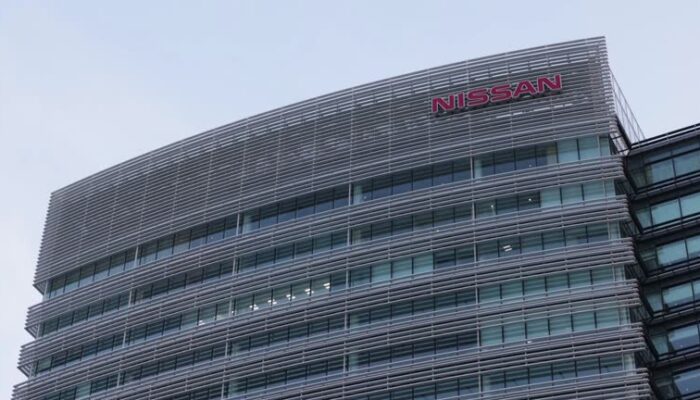
A fragile alliance
Since its founding in 1999, the Renault-Nissan partnership has been dominated by the figure of Carlos Ghosn as the main leader. However, after Ghosn ran into legal problems, the alliance’s relations worsened.
In March 1999, Renault came to the rescue of Nissan, which at that time was trapped in debt and experienced losses for three consecutive years. Ghosn unveiled his “Nissan Revival Plan”, targeting a return to profit in the 2000 financial year. Ghosn and his executive committee promised to resign if the targets were unmet.
After cutting 21,000 jobs, or 14 percent of its workforce, as well as closing several local factories and dismantling its “keiretsu” group companies, Nissan reached its target a year early.
Ghosn became CEO of Nissan in 2000. By the end of 2000, Nissan accounted for about half of Renault’s annual net profit, a situation that has largely continued to this day.
Nissan announced it would take a stake in Mitsubishi Motors. Ghosn also became the leader of the alliance. Ghosn said he would step down as Nissan CEO in April to focus on improving profitability at Renault and ensuring the alliance was “irreversible” after he retired.
The alliance sells more than 10 million vehicles globally, making it one of the world’s largest automakers.
But a scandal occurred that shocked the world. Ghosn was arrested in Japan on charges of not reporting his salary for more than a decade. He is accused of other crimes including using Nissan funds for personal gain. Ghosn was fired as head of the alliance.
Nissan and Renault’s performance slumped after Ghosn’s arrest. Both automakers overhauled their corporate governance systems and appointed new boards, as profits continued to slide.
Even in the midst of the current situation, when Nissan needed its alliance, Renault, Nissan’s old partner, actually sold its shares in the Japanese company. Initially, Renault controlled up to 46% of Nissan’s shares, but now its ownership has fallen below 40% and is expected to continue to decline.
Scandals that continue to hit
Nissan is also not a ‘clean’ name in the automotive world. This Japanese manufacturer often finds itself in scandals that harm its good name and customer trust in its products.
We know how excited the world was when Nissan’s iconic figure, Carlos Ghosn, was caught in a legal case that required him to become a fugitive and brought down the value of Nissan’s shares at that time.
After the scandal of the big boss, Carlos Ghosn, Nissan recently announced that it would recall its cars due to falsified test data.
No half-heartedly, the number reaches hundreds of thousands of units, to be precise there are 150 thousand units of Nissan cars that must be recalled from the market in Japan. Nissan discovered inaccurate data during the new car testing process. These tests include brakes, speed, steering system, and others.
Nissan Juke, Nissan Note, Nissan Leaf, Nissan Cube, and Nissan Sylphy, including the range of models affected by the recall, were produced between November 2017 and October 2018.
Several unscrupulous employees have admitted their fraudulent actions, which did not follow procedures according to established regulations.
This is the fourth time Nissan has encountered problems related to falsifying test data for its products. The highest record was in September 2017. It is recorded that one million Nissan cars were sold in Japan and had to be recalled.
In that same year, Nissan admitted to changing exhaust emissions and fuel efficiency data on 19 models, including the Juke and Note.
Losing competition
According to a Forbes report, lagging behind in the development of electric vehicles is a major challenge for Nissan. To date, the company only has two electric vehicle models sold globally.
Meanwhile, the e-Power hybrid technology, which is successful in the Japanese domestic market, has not yet been introduced in the United States, one of the world’s largest automotive markets.

